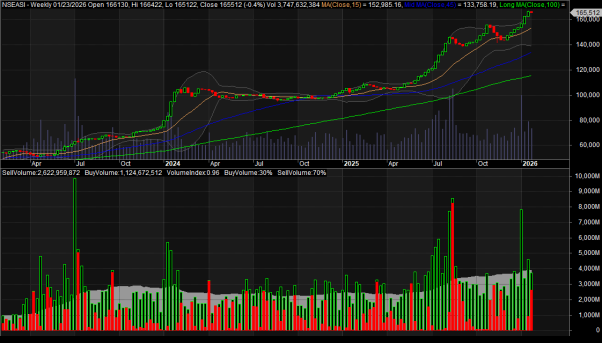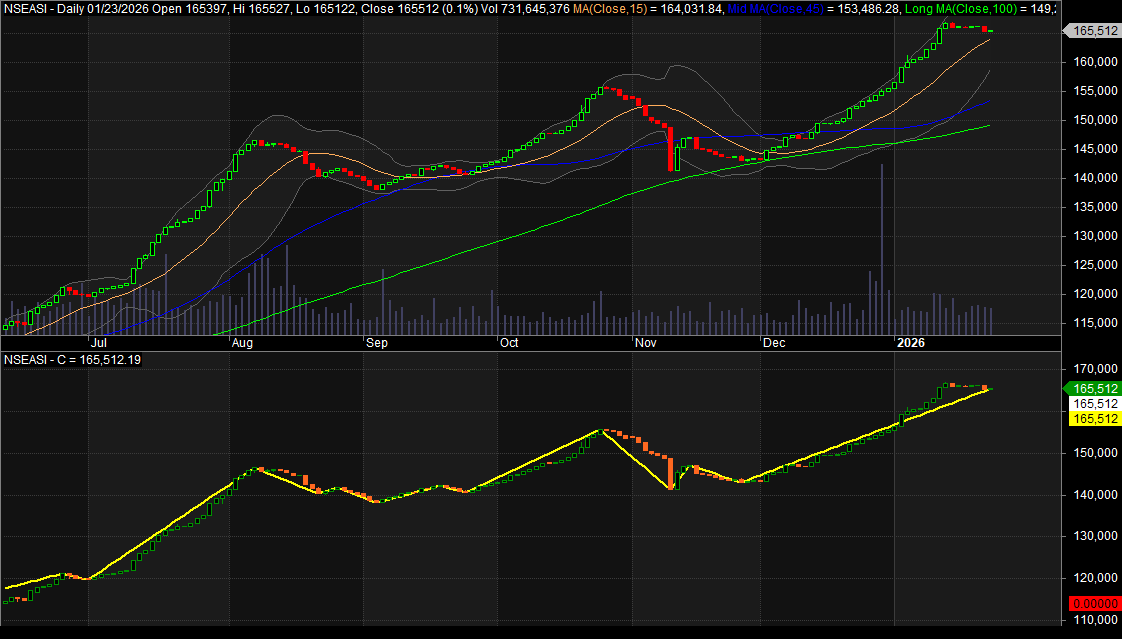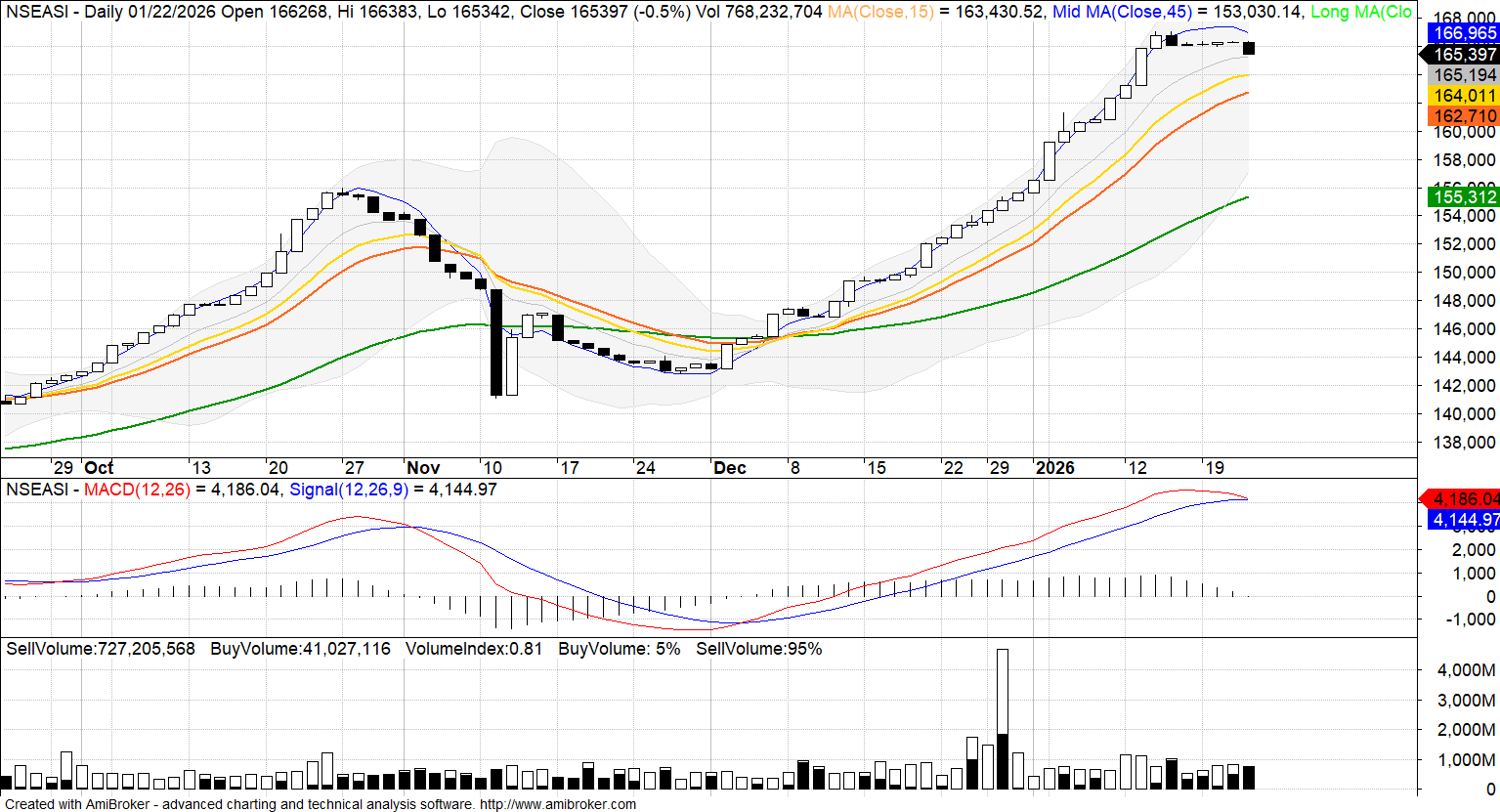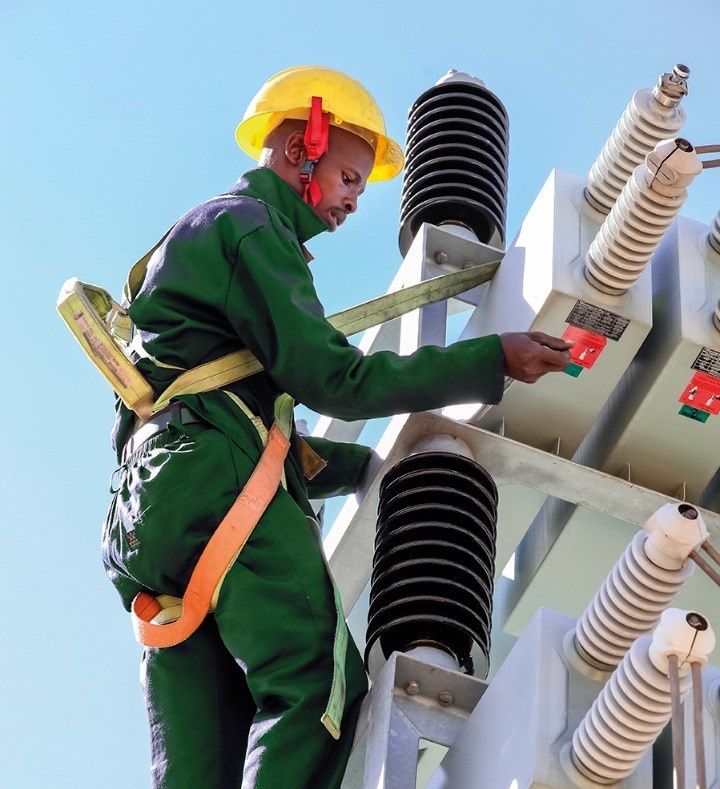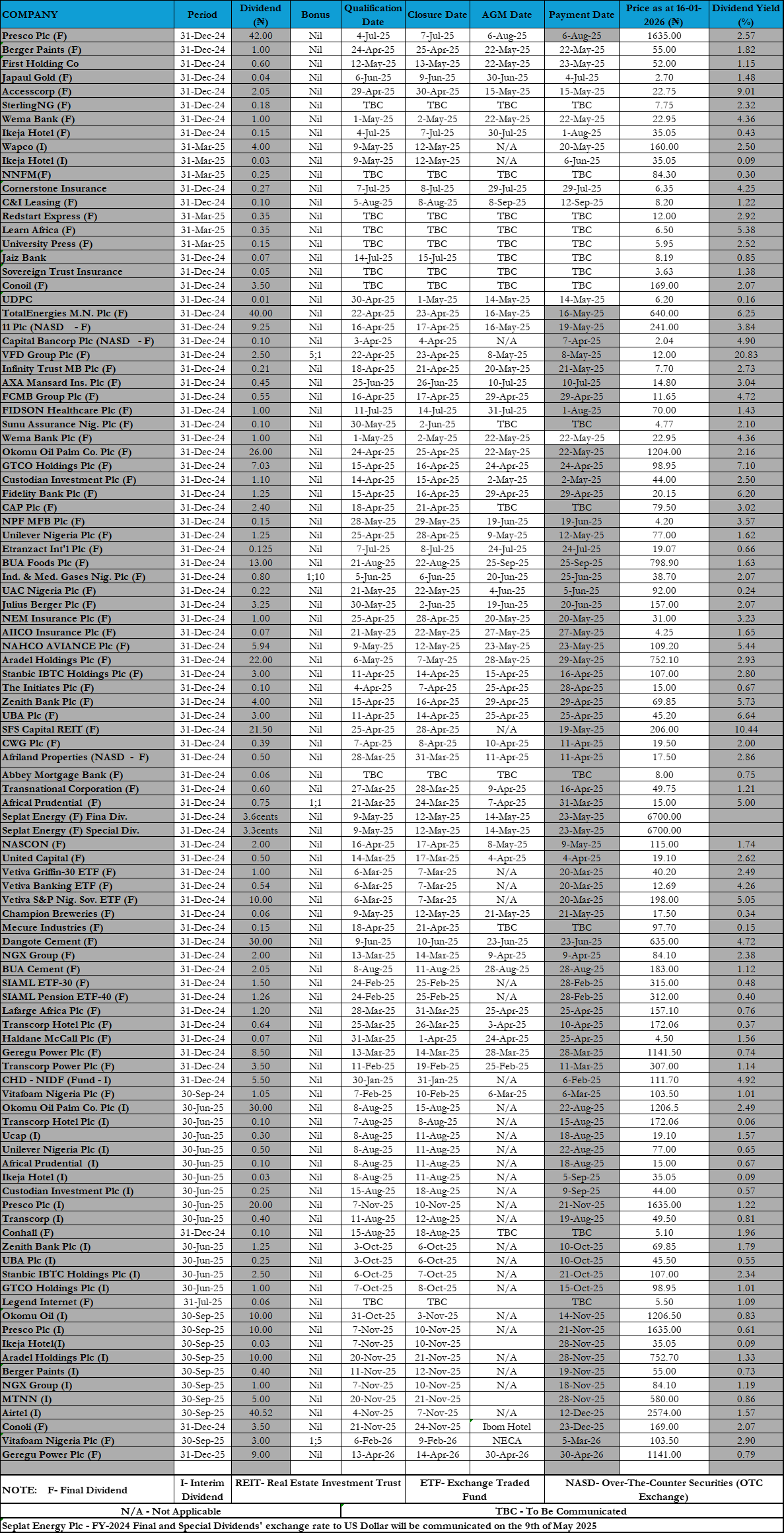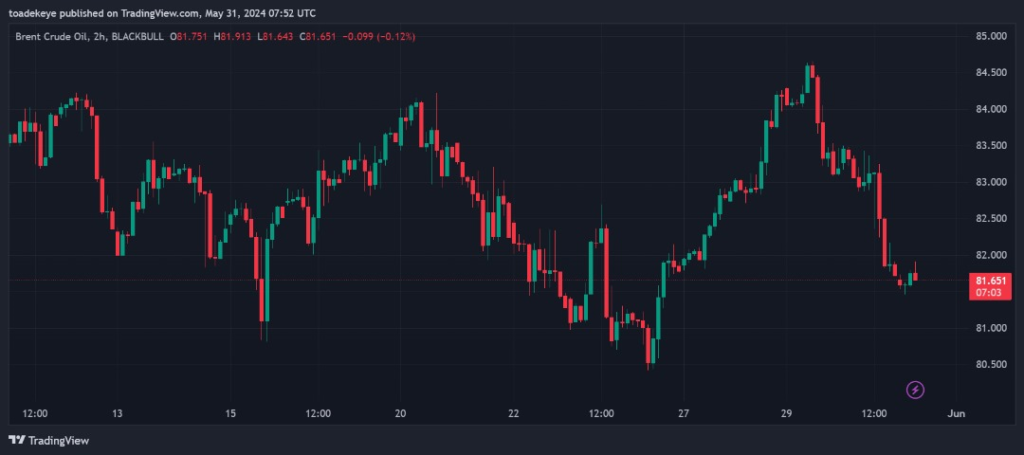
Taiwo Adekeye, FMVA
Research Analyst
On Thursday, Oil prices experienced a second consecutive decline as a result of the U.S. government’s disclosure of lackluster fuel demand within the nation alongside an unexpected increase in gasoline and distillate fuel inventories. Brent crude futures fell by $1.74 to settle at $81.86 a barrel while the U.S. West Texas Intermediate crude futures fell by $1.32 to $77.91 a barrel.
Capital Flows Into Emerging Markets May Hit $903bn In 2024
Net capital inflows to major developing economies are projected to surge by almost a third to $903 billion this year, with a significant dependency on the continuity of global growth. The anticipated 32% net rise is primarily attributed to a robust rebound in foreign direct investment and increased cash allocation to equity portfolios. net foreign direct investment (FDI) inflows are set to increase to $426 billion, while net inflows into foreign portfolios may reach $259 billion, up from $161 billion in 2023. This is attributed to China’s modest recovery after being a significant source of outflows in the previous two years. Additionally, Africa and the Middle East is expected to receive $149 billion in net nonresident capital flows, compared to $115 billion last year, while net outflows of resident capital are also expected to decrease.
Dollar’s Decline Amidst GDP Revision and Treasury Yield Surge
On Thursday, the dollar declined after updated figures revealing that the gross domestic product, the most comprehensive gauge of economic performance, expanded at a slower rate than initially projected in the first quarter. The U.S. economy grew at a 1.3% annualized rate from January through March, down from the advance estimate of 1.6% after downward revisions to consumer spending. Over the span of two days, a 15-basis point increase, surpassing 4.6%, in long-term Treasury yields had contributed to driving the dollar to a two-week peak on Wednesday, this was due to the heightened appeal of U.S. debt. The index monitoring the U.S. currency against major counterparts reached 105.18 overnight, marking its highest level since May 14. However, it subsequently declined by 0.37% to 104.74.
South African Stocks Plunges by Over 2% Amid Political Uncertainty and Rising Inflation
The JSE index plunged over 2% to trade below the 77,000 psychological level on Thursday, marking its largest daily drop since November 2023. This decline was driven by early poll results indicating that the ruling ANC might lose the parliamentary majority it has held for three decades. With ballots from 10% of voting districts counted, the ANC has garnered approximately 42.3% of the vote, consistent with some pre-election forecasts. The central bank governor has reiterated that policy adjustments will only occur once inflation slows to the 4.5% midpoint and stabilizes there. South Africa’s producer inflation rose for the second consecutive month to 5.1% in April 2024, the highest in six months, up from 4.6% in the previous month.
Nigeria obtains $500m World Bank Loan For Power Sector
Africa most populous nation, Nigeria has secured a $500 million World Bank loan for its electricity sector in a bid to boost power distribution, after last month’s hike in tariffs for top consumers. The concessional loan aims to enhance the financial and technical capabilities of distribution companies, which have faced challenges in expanding capacity over a decade since Nigeria privatized its electricity sector.However, Despite having an installed capacity of 12,500 megawatts, the country only generates approximately one-fourth of that, leading to a reliance on costly diesel-powered generators for many Nigerians.


